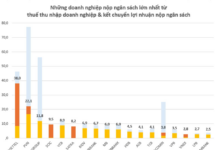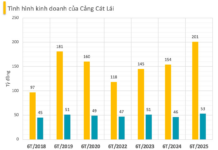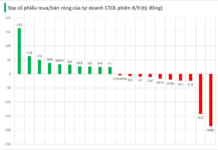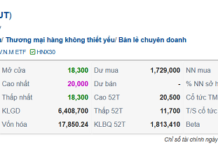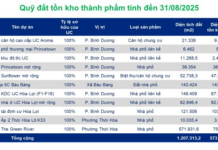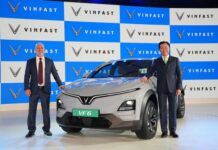The first voyage of BYD Explorer No 1 was far from smooth sailing. The ship, which is over 2.5 times the length of a football field with over 5,000 electric vehicles produced in China, had to change course to avoid the Red Sea. The unexpected detour added an extra 10 days to the journey, according to captain Sabev Bozhidar.
The arrival of BYD Explorer No 1 at the port of Bremerhaven in Germany on Sunday marks a new chapter in the ambitions of Chinese electric vehicle experts. They want to make a splash in the European car market.
“Demand is going up. Our Google searches have surpassed Tesla’s,” said Michael Shu, CEO of BYD Europe.
In response, European car manufacturers are pushing to compete. Over 600 miles away in Bremen, just hours after the BYD ship docked, Renault CEO Luca de Meo took advantage of the Geneva Motor Show to reveal a range of models he believes will help him maintain a strong position against Asian competitors. These include the Renault 5, an EV priced at £25,000 that will pave the way for cheaper models, and the Dacia Spring, the brand’s first affordable EV.
The company says the Spring, which is manufactured in China, will have a starting price below €20,000. Renault has also begun discussions with Volkswagen on a low-cost electric vehicle project.
Meanwhile, Renault’s rival Stellantis, the company that owns brands such as Peugeot and Fiat, hopes to offer a sub-€20,000 electric vehicle to the European market. “It depends on what you put into the car. We have adjusted the range, we have adjusted the battery,” said CEO Hochgeschurtz. “That’s feasible.”
The battle for the cheap segment of the electric vehicle market is crucial. Small cars are the best-selling vehicle type in Europe, but some manufacturers have ceased production due to the increasing costs of meeting emission regulations. De Meo said, “Everybody is running away from small combustion-engine cars because nobody can make them profitably.”
The Renault 5 is the company’s first affordable electric vehicle, and Renault still plans to reduce costs by up to 40% for subsequent versions by the end of the decade. While the Dacia Spring is imported from China, Renault’s self-branded models will be produced domestically.
“I decided to make them in France. Everybody told me I was mad,” De Meo said.
Across from Renault’s showcases at the auto show, BYD displayed a range of similarly-priced vehicles. The BYD Seal, a large saloon car priced at around £45,000, has even outsold the Tesla Model 3 in some markets.
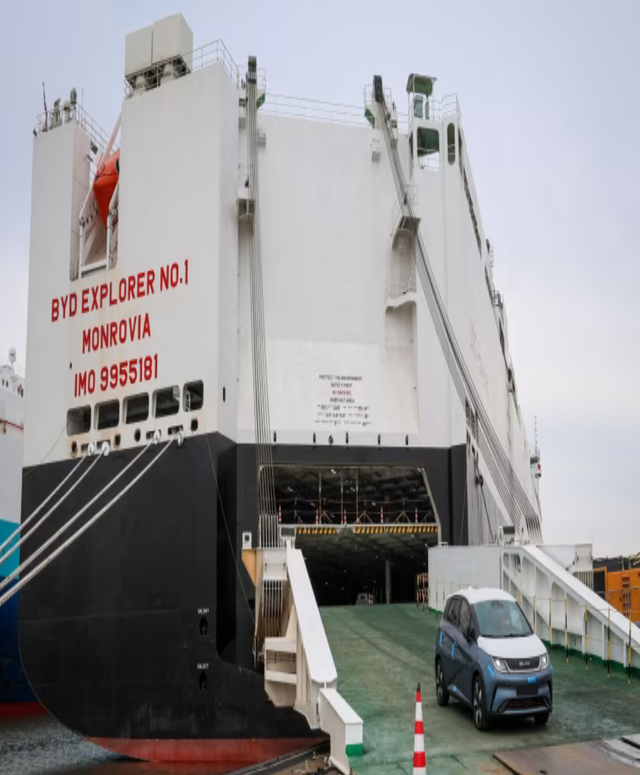
“A lot of customers or partners are requesting a smaller car because Europeans like small cars. A new car priced under €30,000 is coming soon,” said Michael Shu, CEO of BYD Europe.
Wang Chuanfu, chairman and CEO of BYD, speaking at a conference in Shenzhen, said the company will “deploy 7 automotive brands in the next 2 years to alleviate the shortage of transportation capacity to the global market.
In the meantime, European car manufacturers feel they are not receiving full support from their governments. Carbon-reduction policies force them to develop battery-powered vehicles where China has the upper hand.
De Meo, who heads the European Automobile Manufacturers’ Association (ACEA), said: “Europe’s industrial strategy is completely flawed. We need politicians to listen, we are the ones putting money in and taking investment risks.”
The European Commission’s investigation into imported goods from China may result in higher import duties for cars. However, European car manufacturers believe this may not be enough.
According to Hochgeschurtz, China “can undercut you much more than you think in your craziest dreams.” He added that many brands sell similar electric vehicles in China for half the advertised price they do in Europe. They can accept higher taxes while still maintaining high profits.
According to Bloomberg, regardless of the outcome of the EU’s investigation, it is a fact that Chinese electric vehicle makers have a clear lead over their competitors in terms of technology, price, production volume, and supply chains. Experts believe advanced technology and high availability are the main reasons for the success of EVs produced in China as consumers increasingly prefer environmentally friendly and smarter vehicles.
“We like the car because it has a large screen on the dashboard. Everything is in the right place, it’s easy to drive, it’s very comfortable,” said a user named Malawau, describing BYD, and stating that the model has better quality and functionality for the price.
“Prices are very low in China, so Europe is a paradise for them,” added Hochgeschurtz.
Source: FT, Bloomberg













